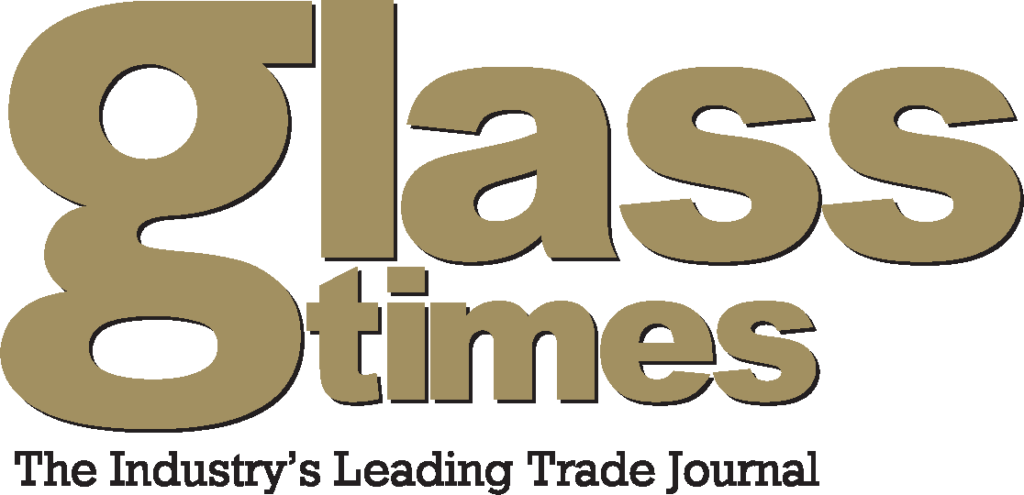By Danny Williams, managing director, Pioneer Trading.
repare my thoughts for this latest DannyRant, the sun is making a rare appearance. However, despite spring drawing nearer the forecast for UK businesses remains distinctly dark and stormy.
Scanning this morning’s headlines, front and centre and the reason for a dip in my mood is the headline on Reuters: ‘UK firms brace for hit from tax hikes, surveys show’.
Now whilst I have a good feel for what I might expect from my own business and others close to me such as customers and suppliers, these surveys offer a wider view of course. And they paint a gloomy picture.
The professional human resources sector body, The Chartered Institute of Personnel Development (CIPD), said nine out of 10 employers thought finance minister Rachel Reeves’ decision to raise payroll taxes from April would push up employment costs.
Of this group, 42% said they intended to raise prices and 32% said they intended to reduce headcount either through redundancies or recruiting fewer workers.
In a separate survey and one that will be representative of many firms in our industry, the poll by the Federation of Small Businesses (FSB) showed confidence among its members fell in late 2024 to its lowest level since the first quarter of 2020 when the COVID-19 pandemic hit Britain.
The surveys echoed other indicators that have shown a sharp drop in business confidence since Reeves’ October 30 budget.
CIPD chief executive, Peter Cheese, said the drop in employer sentiment was the biggest in 10 years apart from during the pandemic. He said: “Employer confidence has been impacted by planned changes to employment costs, and employment indicators are heading in the wrong direction”.
The FSB survey showed around a quarter of small companies expect to see a contraction in the size of their business. “The fourth-quarter blues reported by small firms underline how urgently the government’s growth push is needed,” Tina McKenzie, the FSB’s policy chair, said.
Back in the day-to-day ‘street economy’ as I call it, apart from an interesting spike in activity in January, the home improvement market has gone flat as a pancake, though it has to be said, about the same as this time last year and also the regular New Year blues. But the hike in employment costs mean that represents a step backwards in real terms and it threatens the survival of many companies in our industry.
So-called initiatives designed to stimulate the British economy are meaningless waffle: a new runway at Heathrow airport delivers nothing to the vast majority of UK businesses and won’t even begin, if at all, for another 10 years whilst they find homes for newts and bats. The National Wealth Fund, intended ‘to provide investment in private companies within the UK’, is simply a re-branding of the UK Infrastructure Bank created following Brexit.
The plans to build 1.5 million new homes by 2029 should in theory have a positive impact on our fine industry of course. But the severe shortage of skilled workers in the construction industry, an issue that was hardly addressed under years of inept Tory governments, together with NIMBY councils, means that just a fraction of these dwellings will ever get to the stage where anyone from our industry will benefit any time soon.
And in the meantime, the average British homeowner just feels uninspired by the bleatings of a government that simply fails to inspire any sort of belief or confidence.
If we as an industry are to survive, let alone thrive, our customers…ultimately Mr & Mrs Jones-at-home… must feel secure, that their jobs and even their savings and pensions must be safe and not the next thing in line for plundering by a government that repeatedly misunderstands the public mood, the basic needs of its people.
How about tax relief and even subsidies for home improvement and especially energy efficiency? The efficiency of modern windows and doors combined with the usual basics of added insulation, will dramatically improve the performance of our housing stock and will be cheaper and more effective than the pie-in-the-sky promises of air source heat pumps, the vast majority of which require extensive upgrades to the property before they can ever be effective. Who is advising the government?
Spring is at last within sight; sadly there is no evidence that this government is capable of lifting the gloom.
And finally….
On a lighter note, I stumbled upon a news story from the US that reported on a spat between Cooler Screens, a supplier of interactive smart glass doors, and the giant pharmacy brand, Walgreens.
Cooler Screens has supplied hundreds of its digital doors, which display images, advertisements and prices of the products behind the glass, to Walmart branches. But on 14 December, Cooler Screens cut the feed to Walmart stores located in Chicago, which resulted in the doors going black. This was an attempt, apparently, to push Walmart to respond to demands for overdue maintenance and internet fees.
This was the latest in a row between the two in which hundreds of millions of dollars are in dispute. But it has prompted me to wonder how technology might be embedded in domestic windows and doors, to encourage difficult punters to cough up over here? Suggestions on a postcard please…



